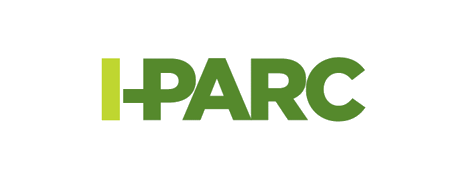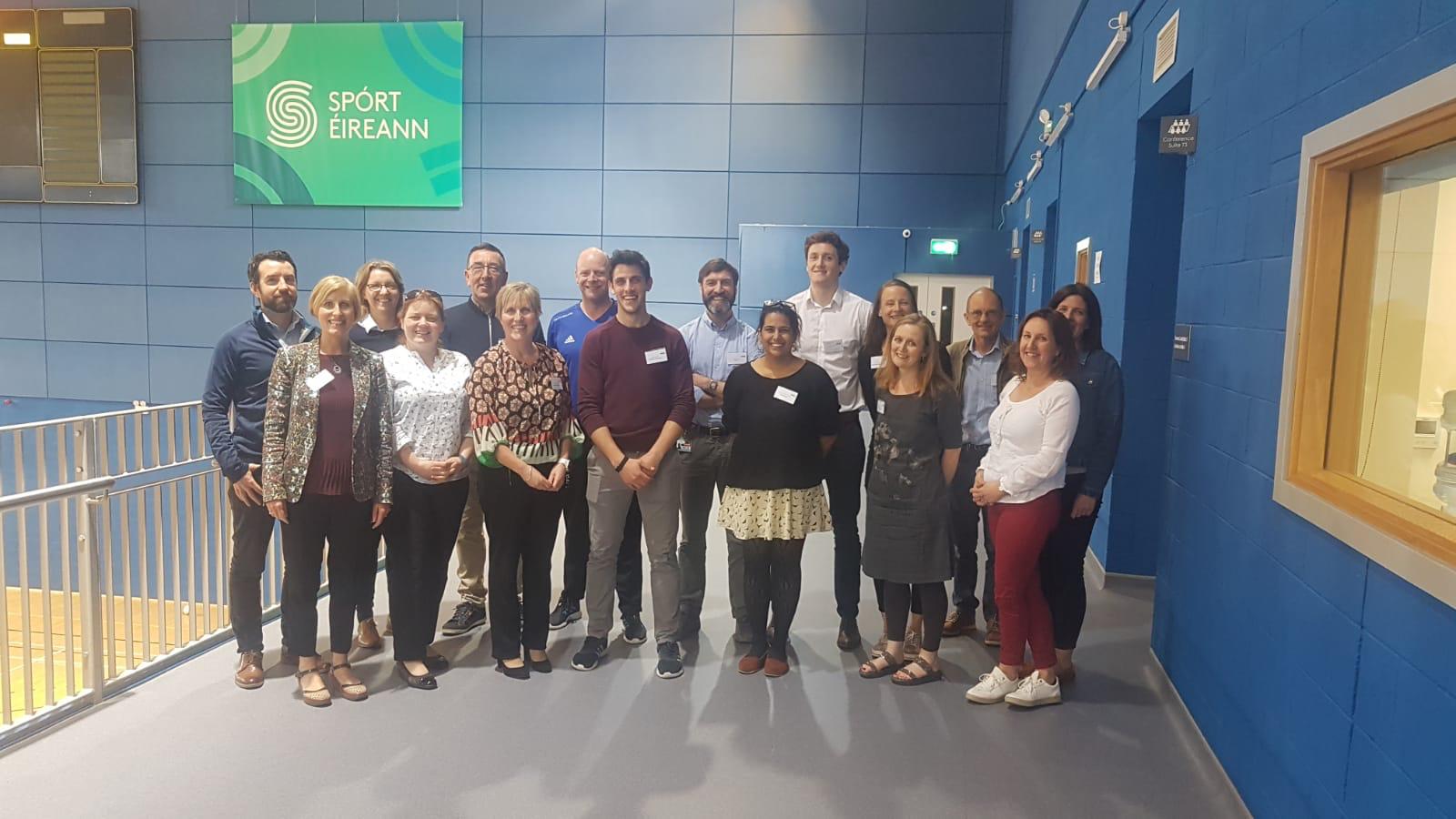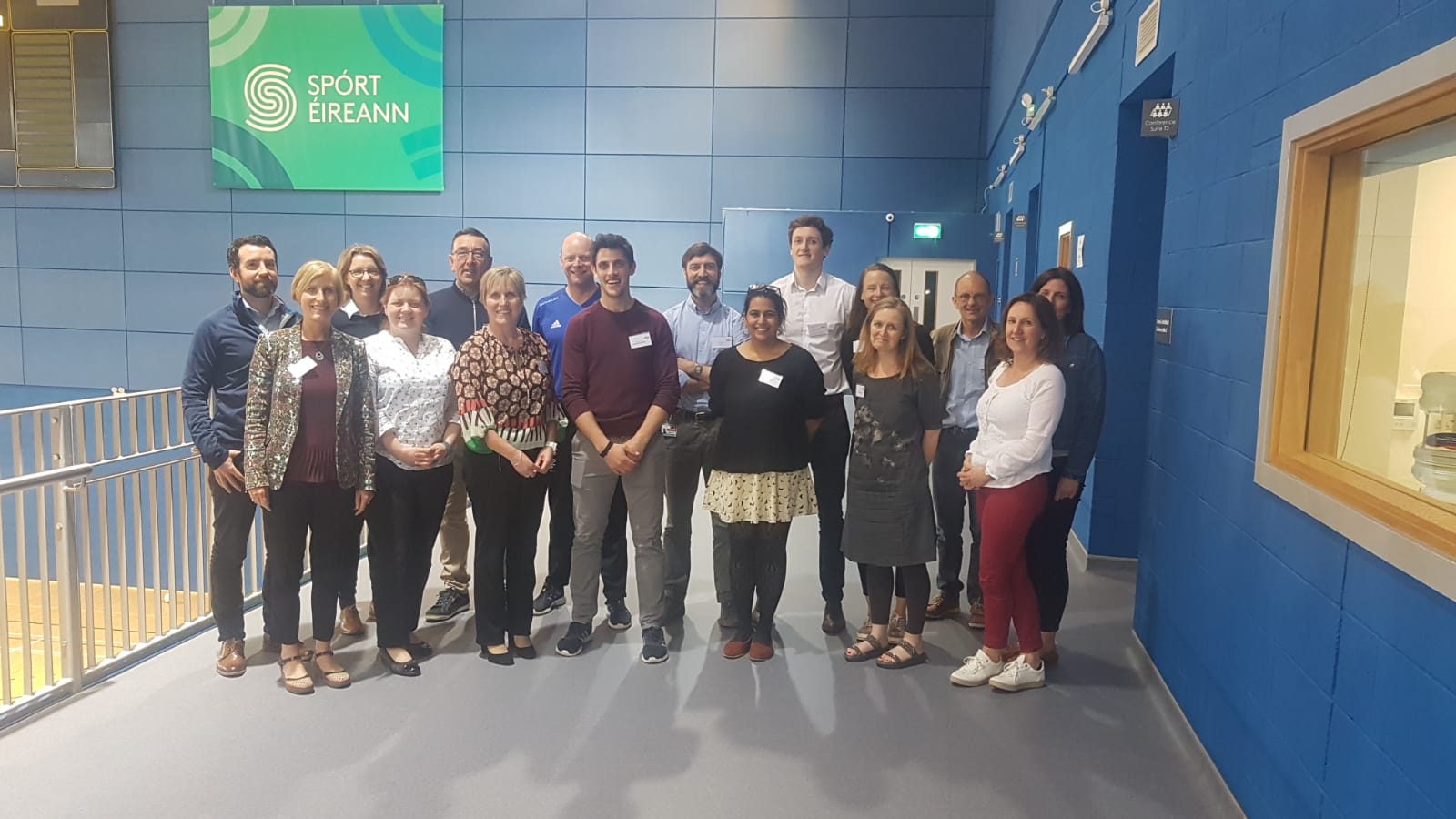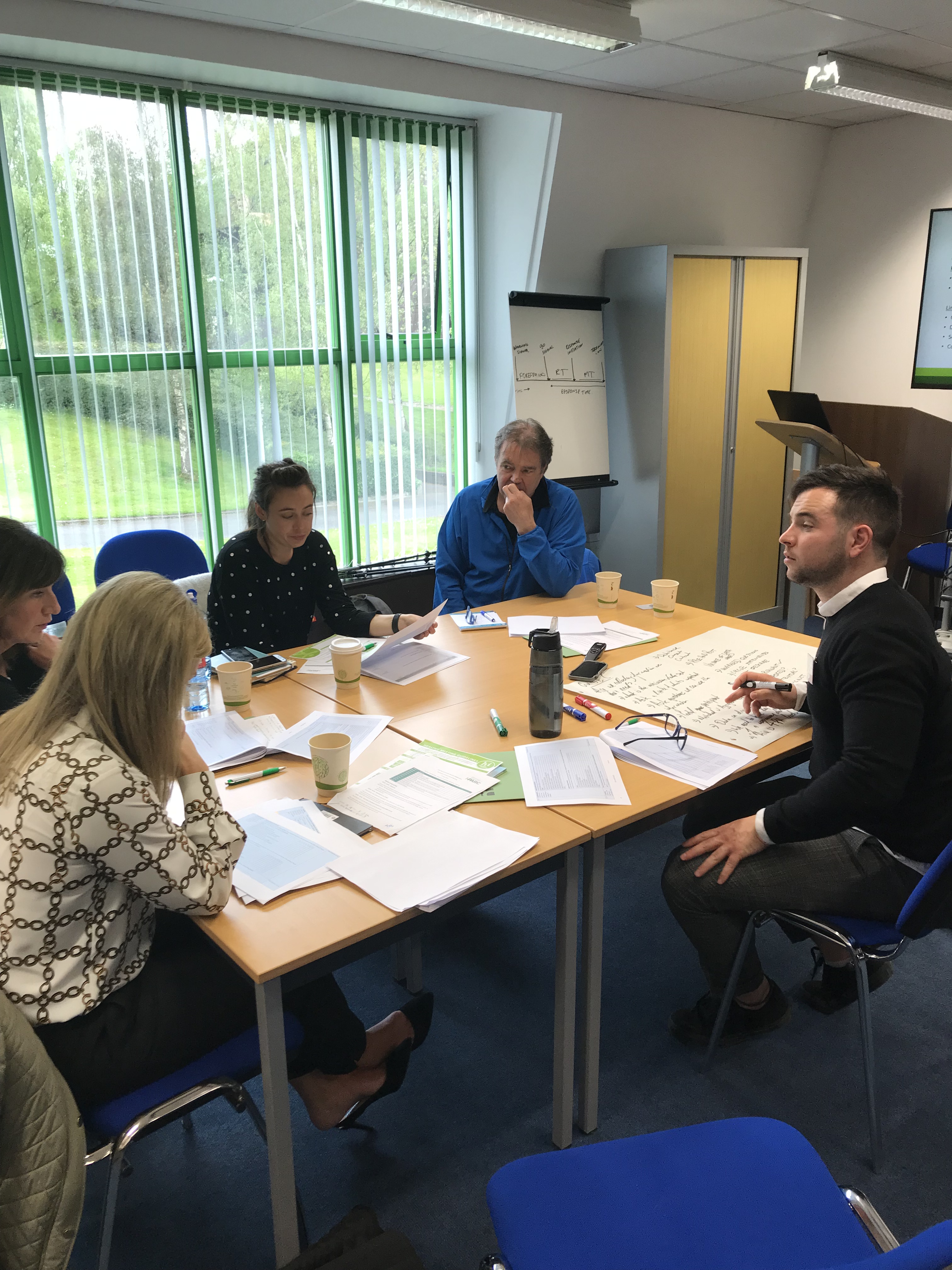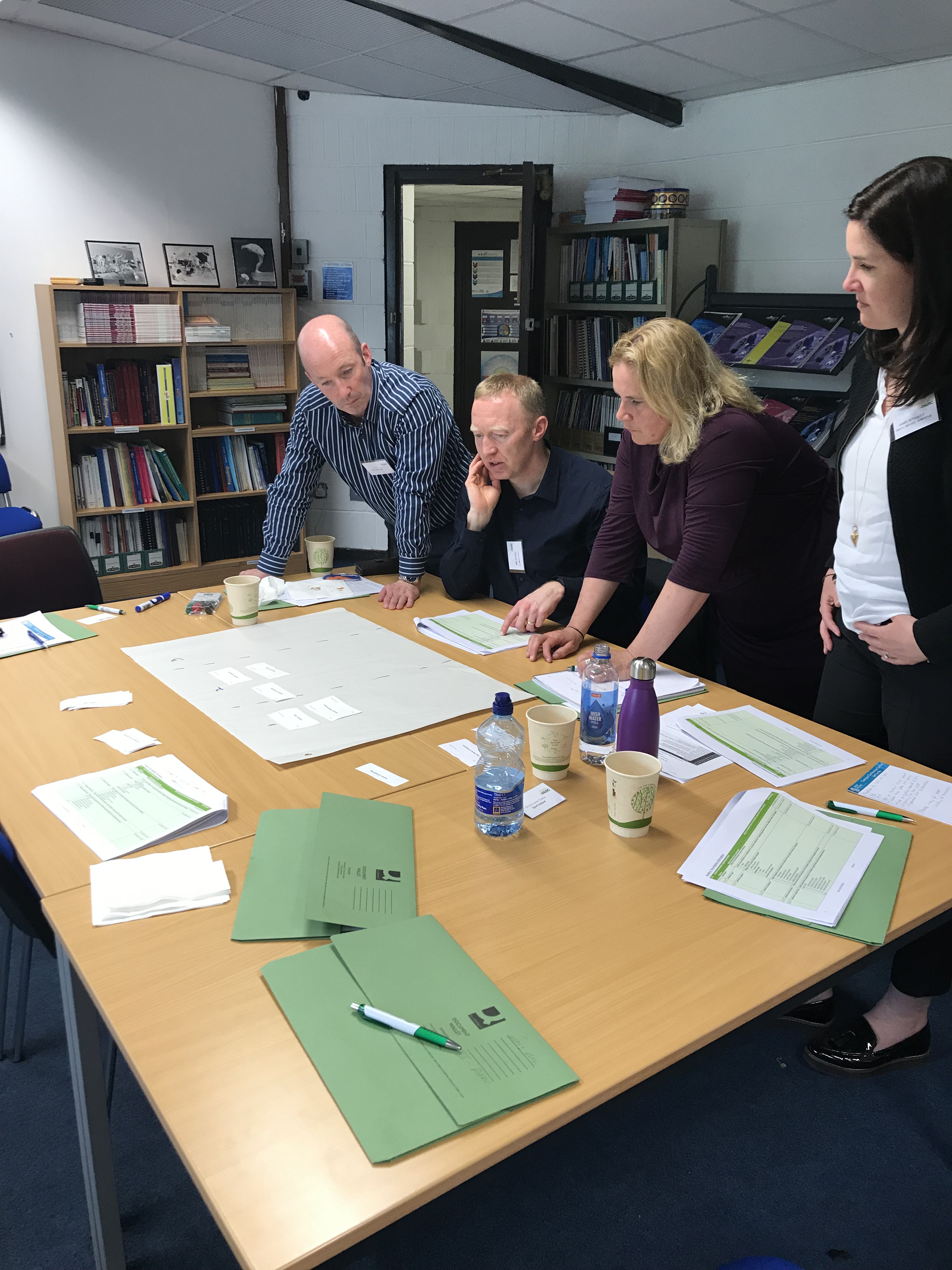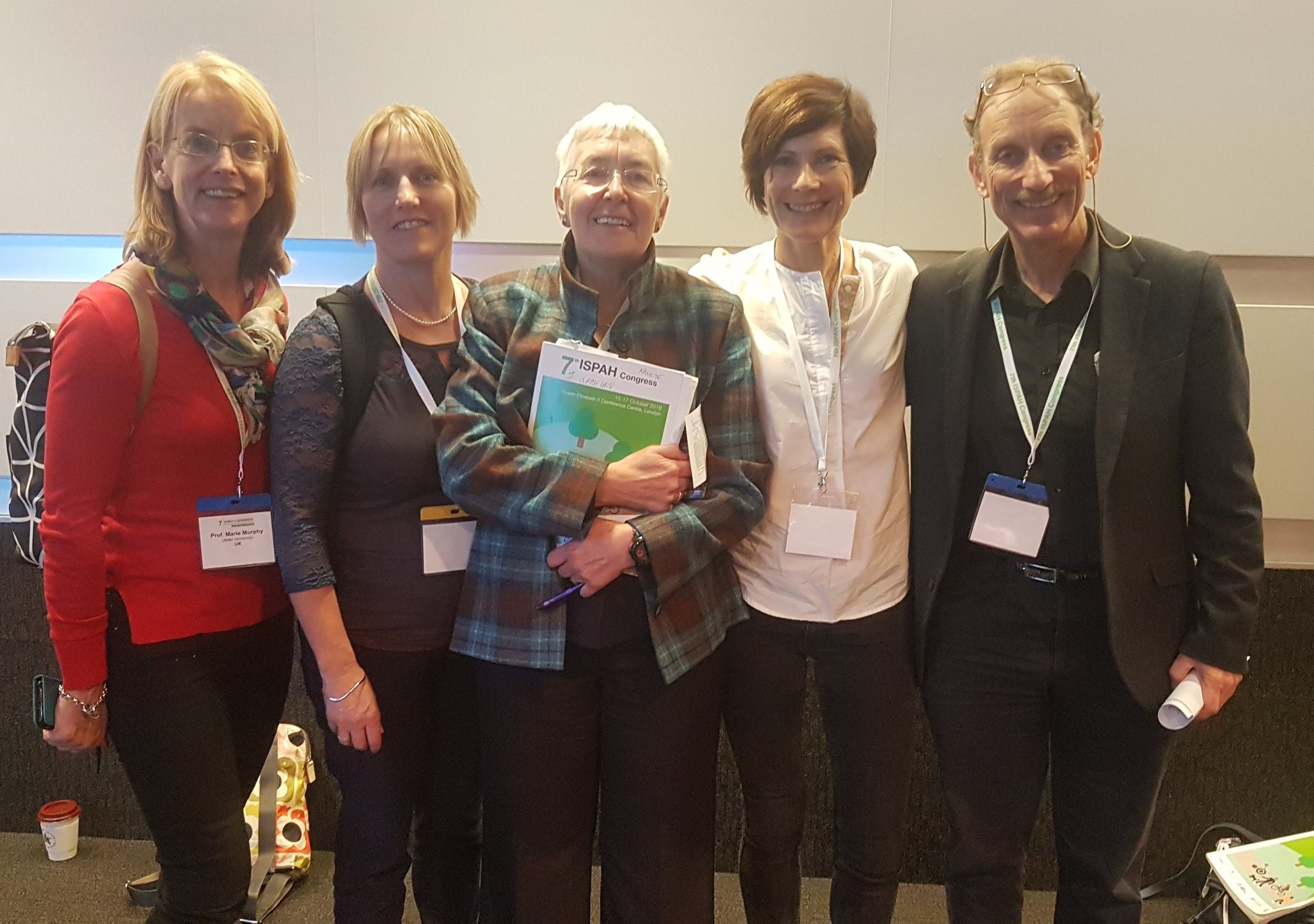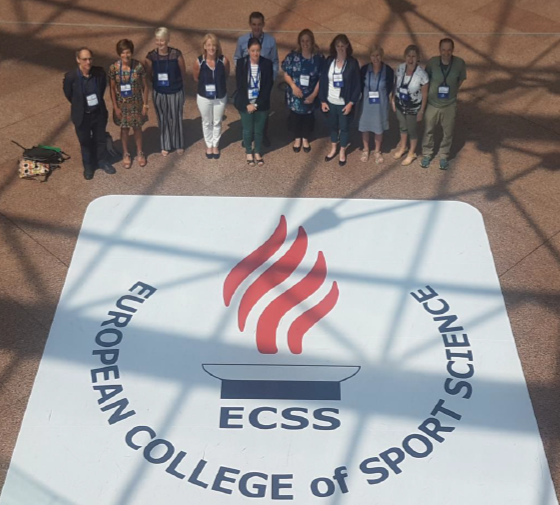Huge benefits sport has on Irish society and economy confirmed by new study
Sport Ireland: Media Release, 21st September 2021
Huge benefits sport has on Irish society and economy confirmed by new study
- Participation in sport and physical activity prevents nearly 100,000 cases of disease annually, generating savings to the Government of nearly €0.4bn
- Sport-related jobs accounted for 2.8% of all Irish employment in 2018
- Sport volunteering in Ireland valued at €1.5bn
- Consumers spent €3.3bn on sports related goods and services in 2018
Over the past 10 years, the sport economy has grown faster than the economy as a whole according to a new study by Sport Ireland and Sheffield Hallam University’s Sport Industry Research Centre.
The study aims to gain a deeper understanding of the value of sport in Ireland and the returns that Government investment in sport provides across relevant policy areas such as physical and mental health, economic activity, tourism, sport club membership and volunteering.
Among the study’s key findings are:
- 97,000 cases of disease were prevented in Ireland due to physical activity participation in 2019 for a total cost saving over €405m. Diseases prevented include stroke, certain cancers and Type 2 diabetes
- In 2018 the sports sector employed more than 64,000 people in Ireland
- Consumer expenditure on sport-related goods and services in Ireland in 2018 was €3,341.6m, or 3.1% of total consumers’ expenditure and is largely driven by the participation elements of sport such as subscription to sports clubs (€622.9m), clothing and footwear (€568.8m) and subscriptions to fitness and dance (€490.9m).
The research study was broken down in to two main parts, firstly the economic impact of sport in Ireland, including an economic valuation of sport volunteering and secondly the value of the health impact of participation in sport and physical activity.
Minister for Tourism, Culture, Arts, Gaeltacht, Sport and Media Catherine Martin TD welcomed the study commenting; “The National Sports Policy 2018-2027 outlined the need to gain a deeper understanding of the value of sport in Ireland and the return on sport investment by Government. This report clearly highlights the positive contribution of sport and physical activity to the economy through consumer expenditure and employment. Similarly encouraging is the substantial impact of sport and physical activity on the physical and mental health of people who achieve the National Physical Activity Guidelines of 150+ minutes per week. Looking to the future we now have clear data to show that a small change in participation rates will have a strong positive impact on our health as a nation as well as on the economy”.
Minister of State for the Gaeltacht & Sport, Jack Chambers TD added; “We are all aware of the physical benefits of taking part in sport, the improvement in mood and general well-being but it is particularly welcome to see that sport and physical activity prevented almost 100,000 cases of disease and saved some €400m. This study also clearly shows that sport and physical activity contribute significantly to Ireland’s economic development. In the 10 years from the previous report in 2008, sport-related consumer spending has increased by 77%, adding €3.3billion to the Irish economy in 2018. Sport-related employment has grown since 2008 and the study shows that sport is an effective policy tool for generating employment. Sport is a part of life in Ireland, something that many of us turned to during the pandemic and now we can see that sport as an industry is making a large contribution to the Irish economy as well”.
Volunteers are an integral aspect of sport in Ireland that help to sustain clubs and input to the activities of amateur community sport up to elite professional sports. Without volunteers, there would be fewer sports activities and they would be more expensive to deliver. The study used average industrial wages and measured the time provided by the 435,000 volunteers in sport in Ireland to show the economic value of sport volunteering in Ireland in 2018 stood at €1.5 billion. This represents a substantial increase from 2008 (€0.3-€0.6 billion).
Chief Executive of Sport Ireland, John Treacy welcomed the study; “The insights gained in this study show a side of sport that is not always evident but one that is critical to the future development of the sector. While the economic value of the sector is hugely important it is also encouraging to the see the estimated health benefits and disease prevention as a result of sport and physical activity. We have all seen in the past year and a half the impact of the global pandemic on the world and there is scientific evidence that highlights the benefit of being physically active in relation to Covid-19. Combined with the economic aspect of being physically active, these insights demonstrate the importance of sport and physical activity to the Irish economy. As a sector we will continue to work together to ensure the sector and all of those involved at a policy and a participation level continue to see the benefits”.
The study was undertaken by Sheffield Hallam University’s Sport Industry Research Centre (SIRC) who have a proven track record in devising approaches to measure the value of sport in relation its economic, health and broader outcomes. They have also conducted similar research in the UK for bodies such as the Department for Digital, Culture, Media and Sport (DCMS); UK Sport, Sport England, Sport Wales and Sport Northern Ireland and internationally for countries such as Lithuania, Belgium, Malaysia, Japan, Australia and Turkey.
Simon Shibli, Head of Sport Industry Research Centre, Sheffield Hallam University said; “We were delighted to have the opportunity to work with Sport Ireland to calculate the economic importance of sport to the economy of Ireland. This work updates our earlier research in Ireland from 2010 and benefits from the expertise we have accumulated from conducting similar studies across the EU and Japan over the last decade. Our analysis shows that sport is a growing and resilient component of the economy in Ireland and an excellent catalyst for employment. In a post-Covid world, sport has the potential to enhance our physical and mental wellbeing, to entertain us and to inspire us; whilst simultaneously contributing to our economic recovery and growth.”
